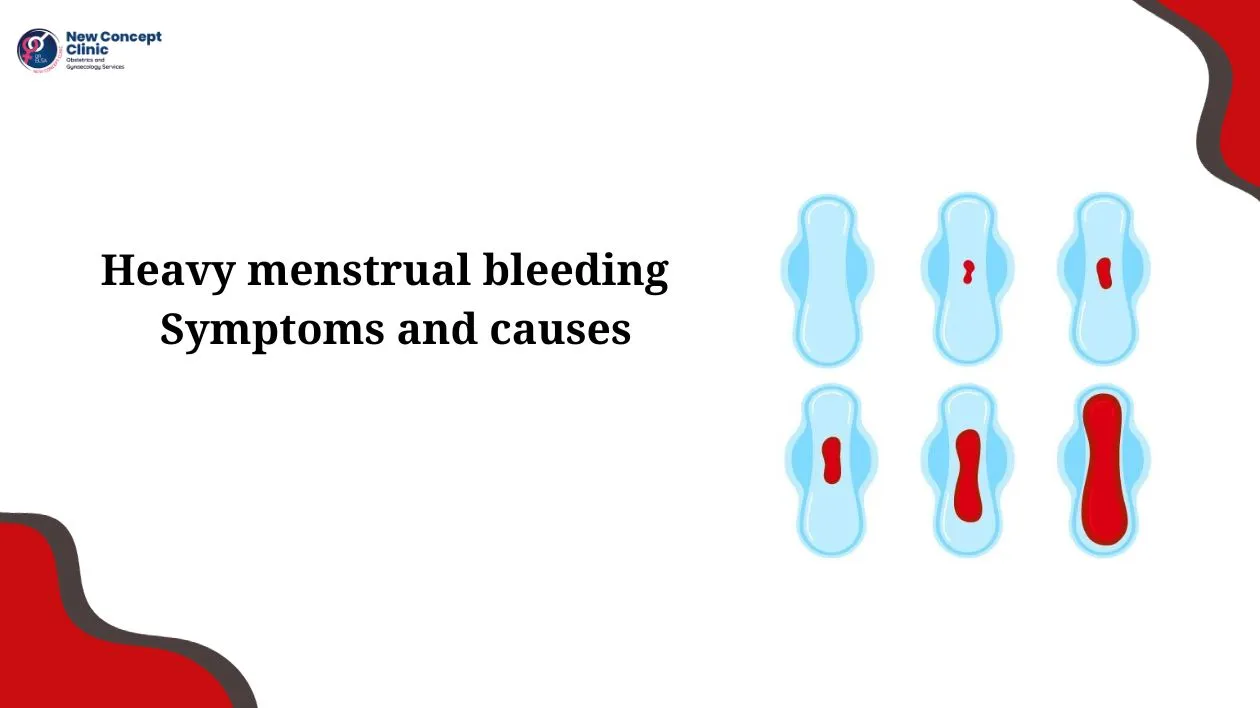

Heavy or protracted menstrual bleeding is experienced by certain women. Menorrhagia was the previous name for this illness. One typical worry is heavy menstrual bleeding. However, most women lose insufficient blood for it to be classified as heavy menstrual bleeding.
Menstrual bleeding occurs for some women in between periods, or at unexpected times during their cycles. This kind of bleeding is referred to as irregular menstrual bleeding or abnormal uterine bleeding.
It is more difficult to perform daily tasks while you are experiencing severe menstrual bleeding, cramps, and blood flow. Consult your doctor if you suffer from severe menstrual bleeding and look forward to your period every month. There are numerous helpful treatments available.
Symptoms of heavy menstrual bleeding include:
Heavy menstrual bleeding can be due to ranging from hormone-related issues to various medical conditions and even stress.
Your body produces hormones like estrogen and progesterone that help you to regulate your menstrual cycle, including how heavy your periods are.causes of heavy periods include
How is heavy menstrual bleeding diagnosed?
Your healthcare provider may ask some of the questions about your medical history or about your menstrual cycle to diagnose heavy menstrual bleeding.
Your healthcare provider may ask about:
Heavy menstrual bleeding is frequently diagnosed and treated by hysteroscopy. During an operational hysteroscopy, your doctor will examine your uterus by inserting a tiny, lighted tube into your vagina. In addition to serving as a precise surgical tool, the hysteroscope can assist your healthcare practitioner in excising any growths that might be the source of your bleeding.